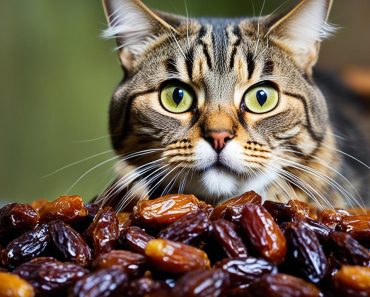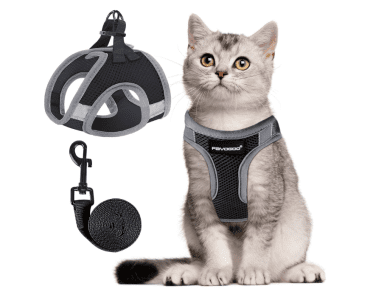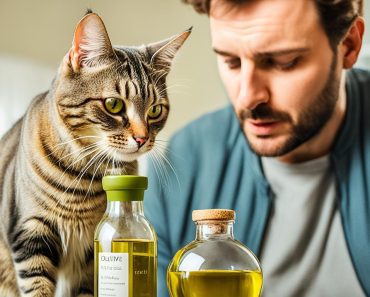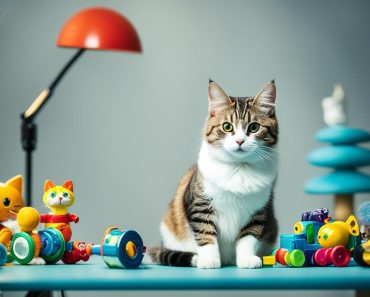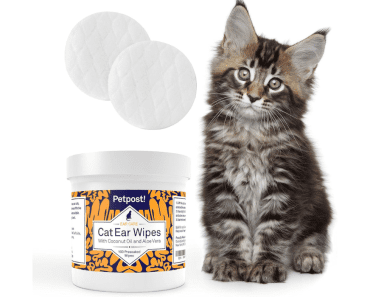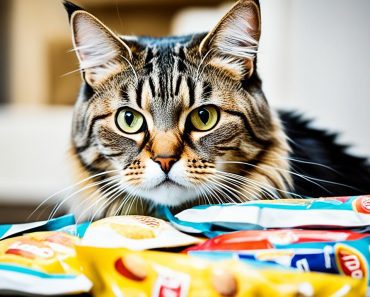As a cat owner, you may have wondered whether it’s safe to share your cereal with your feline friend. While cereal is generally safe for cats to eat, it’s important to understand their dietary needs and potential risks before offering it as a treat. In this article, I will discuss the topic of feeding cats cereal and provide you with safe and nutritious alternatives to consider.
Can Cats Eat Cereal? Yes, but only as an occasional treat.
- Cereal is not toxic to cats, but it is not a necessary part of their nutrition.
- Before feeding your cat cereal, check for any potential allergens or intolerances.
- Avoid feeding cats cereal with milk, as most cats are lactose intolerant.
- Cereal should be given sparingly and should not replace their regular cat food.
- Commercial cat foods are a reliable source of balanced nutrition for cats.
Can Cats Eat Dry Cereal?
While cats can eat dry cereal, it is not necessary or recommended as part of their regular diet. Some cats may enjoy the crunchy texture of dry cereal, while others may find it difficult to chew. If you choose to feed your cat dry cereal, it’s best to soak it with a little water to soften it up and make it easier for them to eat.
However, it’s important to note that dry cereal does not provide any essential nutrients for cats and should not replace their regular cat food. Cats have specific dietary needs that require a meat-based diet to thrive. Feeding them dry cereal should be done sparingly and as an occasional treat, rather than a staple part of their diet.
Feeding Cats Cereal Safely
Before feeding your cat cereal, there are several precautions you should take to ensure their safety.
Check the Ingredients List
First and foremost, it’s important to check the ingredients list on the cereal box. Look out for any potential allergens or ingredients that are toxic to cats, such as cherries or raisins. These should be avoided at all costs.
Avoid Cereal with Milk
Another important precaution is to avoid feeding cats cereal with milk. Most cats are lactose intolerant, and consuming milk can lead to digestive discomfort or upset. Stick to offering dry cereal without any milk.
Consider Cereal as a Treat
While cereal can be safely fed to cats, it should never replace their regular meals. Cats require a meat-based diet to meet their nutritional needs, and cereal alone is not sufficient. Instead, consider cereal as an occasional treat or a small addition to their regular cat food.
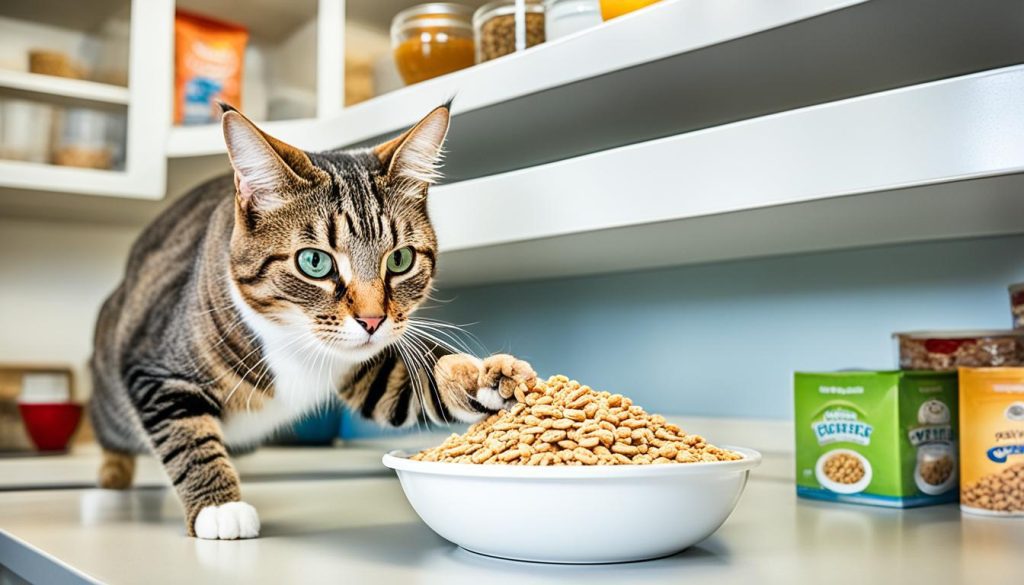
Feeding cats cereal should be done sparingly, with caution, and always in moderation. Taking these precautions will help ensure the safety and well-being of your furry friend.
Commercial Cat Foods vs. Cereal
When it comes to providing your cat with proper nutrition, commercial cat foods are the way to go. These specially formulated foods are designed to meet all the nutritional needs of cats, ensuring their optimal health and well-being.
Unlike cereal, which may lack essential nutrients for cats, commercial cat foods offer a balanced combination of proteins, vitamins, and minerals that cats require. Whether you prefer dry kibble, wet canned food, or raw food, there are various options available to cater to your cat’s preferences and specific dietary needs.
Feeding your cat commercial cat foods has several benefits. Firstly, these foods are carefully formulated to provide all the necessary nutrients, ensuring that your cat’s dietary requirements are met. They are specifically designed to cater to the unique needs of cats, including their obligate carnivore nature.
Furthermore, commercial cat foods are a convenient and reliable option for pet owners. They take the guesswork out of providing a balanced diet for your cat and eliminate the need for additional supplementation. With commercial cat foods, you can trust that your cat is receiving the necessary nutrition without any potential drawbacks.
Unlike cereal, which may lack essential nutrients, commercial cat foods are tailored to support your cat’s overall health. They contribute to a shiny coat, healthy skin, strong bones, and a well-functioning immune system. By feeding your cat these specially formulated foods, you can help prevent potential health issues that may arise from an imbalanced diet.
In contrast, feeding cats cereal as a primary source of nutrition can have drawbacks. Cereal is typically lacking in essential nutrients that cats need to thrive. While it may be safe for cats to consume in small quantities, it should not replace commercial cat foods as the main source of their diet.
When it comes to meeting your cat’s nutritional needs, commercial cat foods are the superior choice. They provide the essential nutrients, vitamins, and minerals that cats require, ensuring their optimal health and well-being. Feeding your cat a diet based on cereal can lead to nutritional deficiencies and potential health issues. Choose commercial cat foods to provide your feline companion with a balanced and complete diet tailored to their specific needs.
Safe and Healthy Human Foods for Cats
While cereal may not be the best choice for cats, there are other human foods that can be safe and healthy treats for them. It’s important to provide cats with nutritious foods that are specifically designed for their dietary needs. However, as an occasional treat, there are some safe human foods that you can share with your feline friend.
1. Cooked Lean Meats
One cat-friendly human food option is cooked lean meats, such as chicken or turkey. These meats are a great source of protein for cats and can be a tasty and healthy treat. Just make sure to remove any bones, skin, or seasoning before offering it to your cat.
2. Cooked Fish
Small amounts of cooked fish can also be a safe and healthy treat for cats. Fish provides essential omega-3 fatty acids, which can support skin and coat health. Remember to remove any bones and avoid adding any seasoning or spices.
3. Plain Cooked Eggs
Plain cooked eggs can be another nutritious option for cats. They are packed with protein and offer a variety of vitamins and minerals. Make sure the eggs are fully cooked and avoid using any oils, butter, or seasonings.
4. Fruits and Vegetables
Some cats may enjoy small amounts of cooked fruits and vegetables as a treat. Carrots and pumpkin are examples of vegetables that can be safe options for cats. Remember to cook them thoroughly to make them easier to digest and remove any seeds or pits.
Remember, these human foods should only be given in moderation and should not replace a balanced and complete cat food diet. Consult with your veterinarian before introducing any new foods to your cat’s diet to ensure they are safe and appropriate for their specific dietary needs.
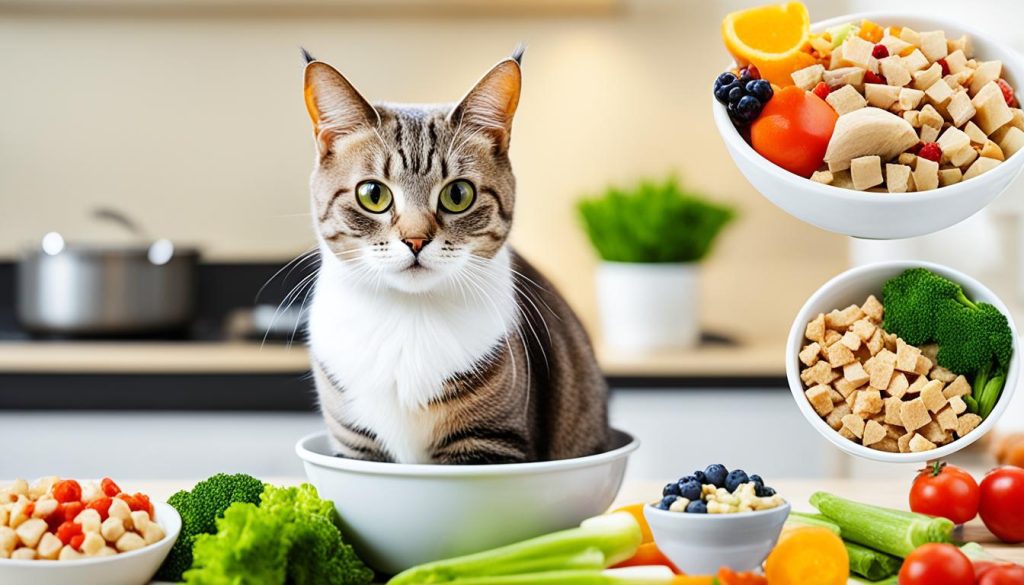
Understanding a Cat’s Nutritional Needs
Cats have unique nutritional needs due to their status as obligate carnivores. Their bodies are designed to thrive on a diet that is rich in protein and low in carbohydrates. Cats require essential amino acids, such as taurine, which are found primarily in animal-based proteins. They also need certain vitamins, minerals, and fatty acids for optimal health.
It is important to provide cats with a balanced and complete diet that meets these nutritional requirements. Commercial cat foods are formulated to provide these essential nutrients, making them a convenient and reliable option for ensuring a cat’s dietary needs are met.
Feeding a varied diet that includes high-quality cat food, along with occasional safe and healthy human foods as treats, can help support a cat’s overall health and well-being.
Conclusion
After considering the question “can cats eat cereal?” and exploring the topic of feeding cats cereal, it is clear that while cereal is generally safe for cats to consume in small quantities, it is not a necessary or essential part of their diet. As obligate carnivores, cats require a meat-based diet to thrive and meet their nutritional needs.
If you choose to feed your cat cereal, it is important to do so sparingly and with caution. Every cat is unique, and it’s crucial to consider their individual dietary needs and any potential allergies or sensitivities they may have. Checking the ingredients list for potential allergens or toxic ingredients, such as cherries or raisins, is vital to ensure their safety.
However, commercial cat foods are the recommended primary source of nutrition for cats. These specially formulated foods are designed to provide all the essential nutrients, vitamins, and minerals that cats require for optimal health. Feeding cats a balanced diet of commercial cat food helps prevent potential health issues that may arise from an imbalanced diet.
If you have any concerns or questions about your cat’s diet, it is always best to consult with your veterinarian for personalized advice. They can provide guidance and recommendations based on your cat’s specific needs and help you make informed decisions about their nutrition.

